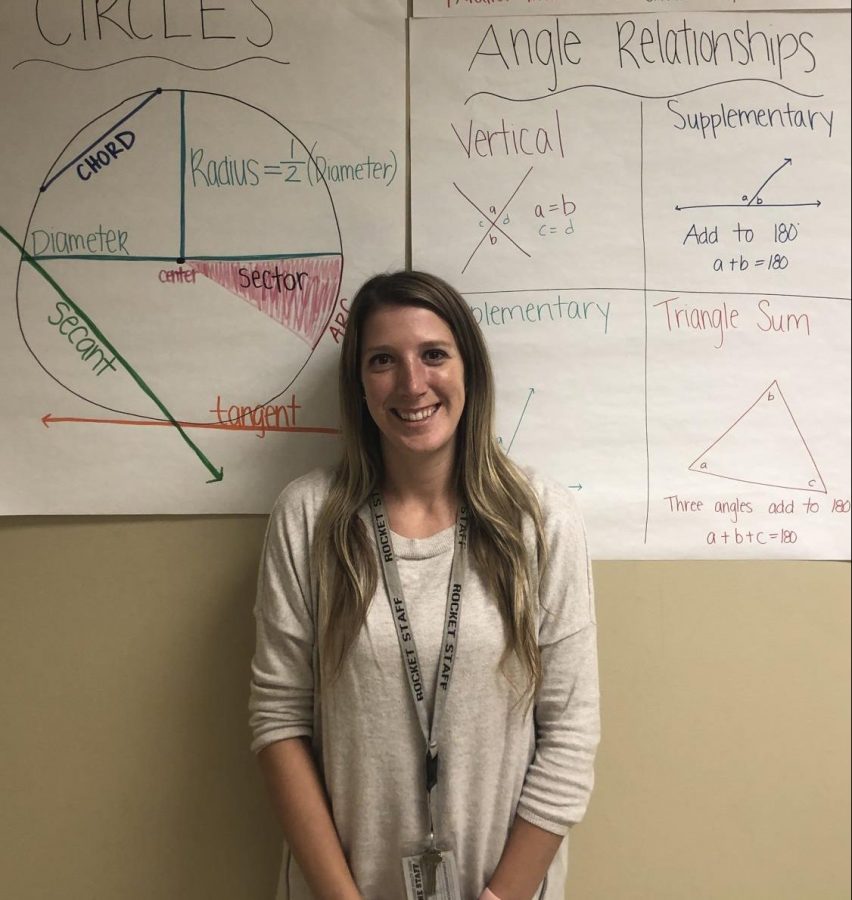Sleep is vital to your well-being, as important as the air you breathe, the water you drink and the food you eat. It allows important body functions and brain activity to occur, and skipping or losing sleep can be very harmful to your body.
Teens need an average of 8-10 hours of sleep every night, but according to a survey taken by 40 LNE students, over half of the students say that they get an average of 5-7 hours of sleep every night. One LNE student who took the survey says, “The major reason I think most kids lose sleep is stress, and this is true for me. Mostly over school but even friend or family problems can be really stressful.” Many of the students interviewed agreed with this although they have discovered ways to push that stress aside.
The loss of sleep can have many consequences that lead from being drowsy. Forgetting certain things such as homework or a date with a special someone, and even being prone to more acne or skin problems are just some of the effects, but the solutions to these problems couldn’t be easier.
If you plan them right, taking naps can help pick you up and make you work more efficiently. Naps that are too long or too close to your bedtime can interfere with your regular sleep. According to WebMD FIT for, 20-30 min nap can be enough to energize and keep you away from caffeine and unhealthy foods. Eating or exercising a few hours before your bedtime can energize you when you need to be prepared to sleep. Stay quiet and calm and you’ll fall asleep much easier.
















